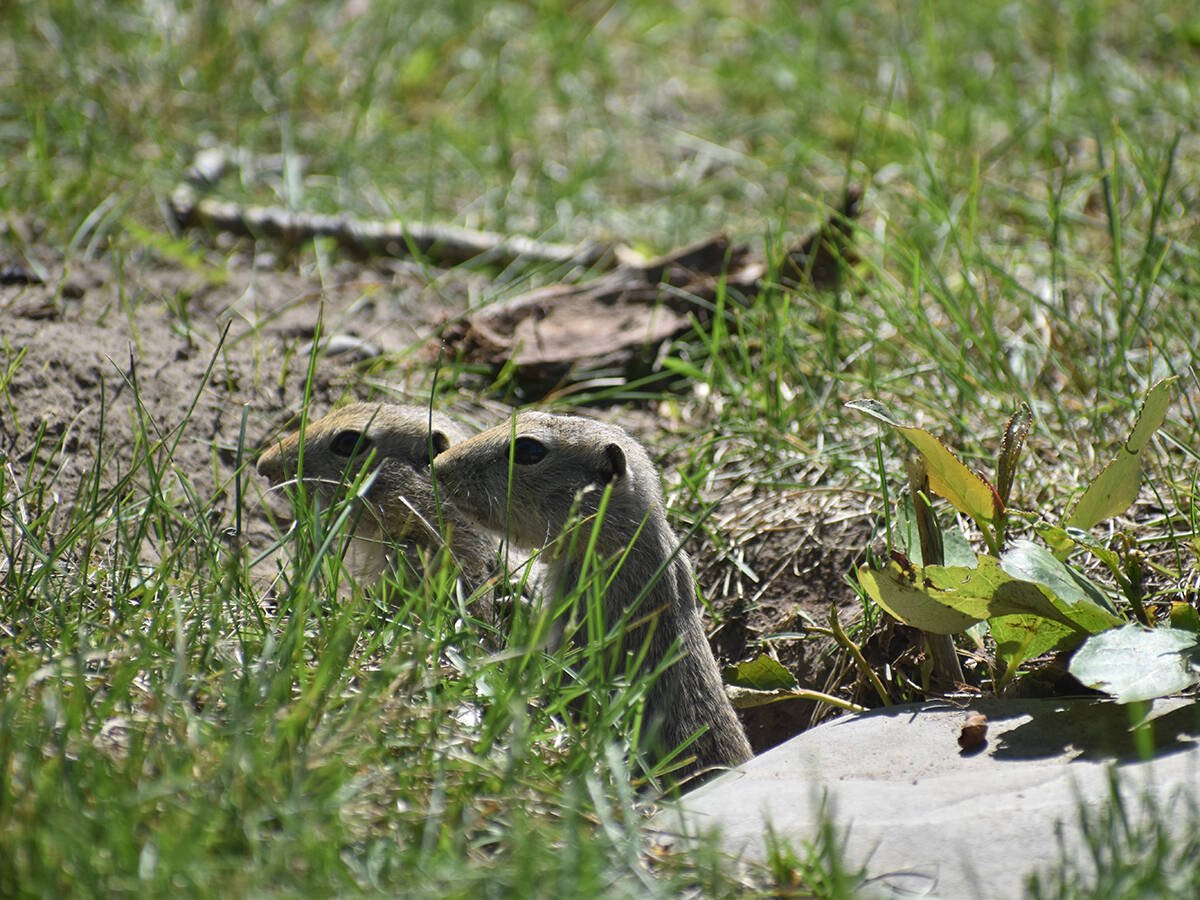The Canadian Grain Commission wants mustard growers to know it has a
spiral grader, too.
Farmers complained at the recent Saskatchewan Mustard Growers
Association annual meeting that the commission doesn’t have the same
grading equipment used by mustard processors.
As a result, they said, growers who don’t know how the system works can
end up with a lower grade than they deserve.
But a grain commission spokesperson said last week that the commission
does have the same testing equipment as commercial plants and that
Read Also

Rural officials hopeful strychnine use will resume
The Saskatchewan Association of Rural Municipalities is taking a verbal commitment from the federal agriculture minister on strychnine use as a good sign.
farmers can ask for it to be used in assigning their grade.
“It appears this service can be of value to mustard growers and they
don’t appear to be aware of it,” said Pat Funk, the grain commission’s
manager of quality assurance standards.
The piece of equipment in question is called a spiral, a gravity-based
machine in which round seeds are forced to the outside and other
material, such as wild buckwheat, stays in the middle and is separated
out.
The commission’s standard equipment for separating dockage from mustard
is a “Carter dockage tester,” made up of a series of sieves that remove
foreign material.
But in 1997 the association representing mustard handlers told the
commission its grading equipment didn’t mimic the cleaning equipment
used in their processing plants.
The commission responded by getting a spiral machine and has offered it
as part of its grading services since 1998.
“We will still issue a grade based on a Carter dockage tester,” said
Funk.
“But if a producer feels the grade could be improved using a spiral, we
have a procedure in place to do that and will provide that service on
request.”














